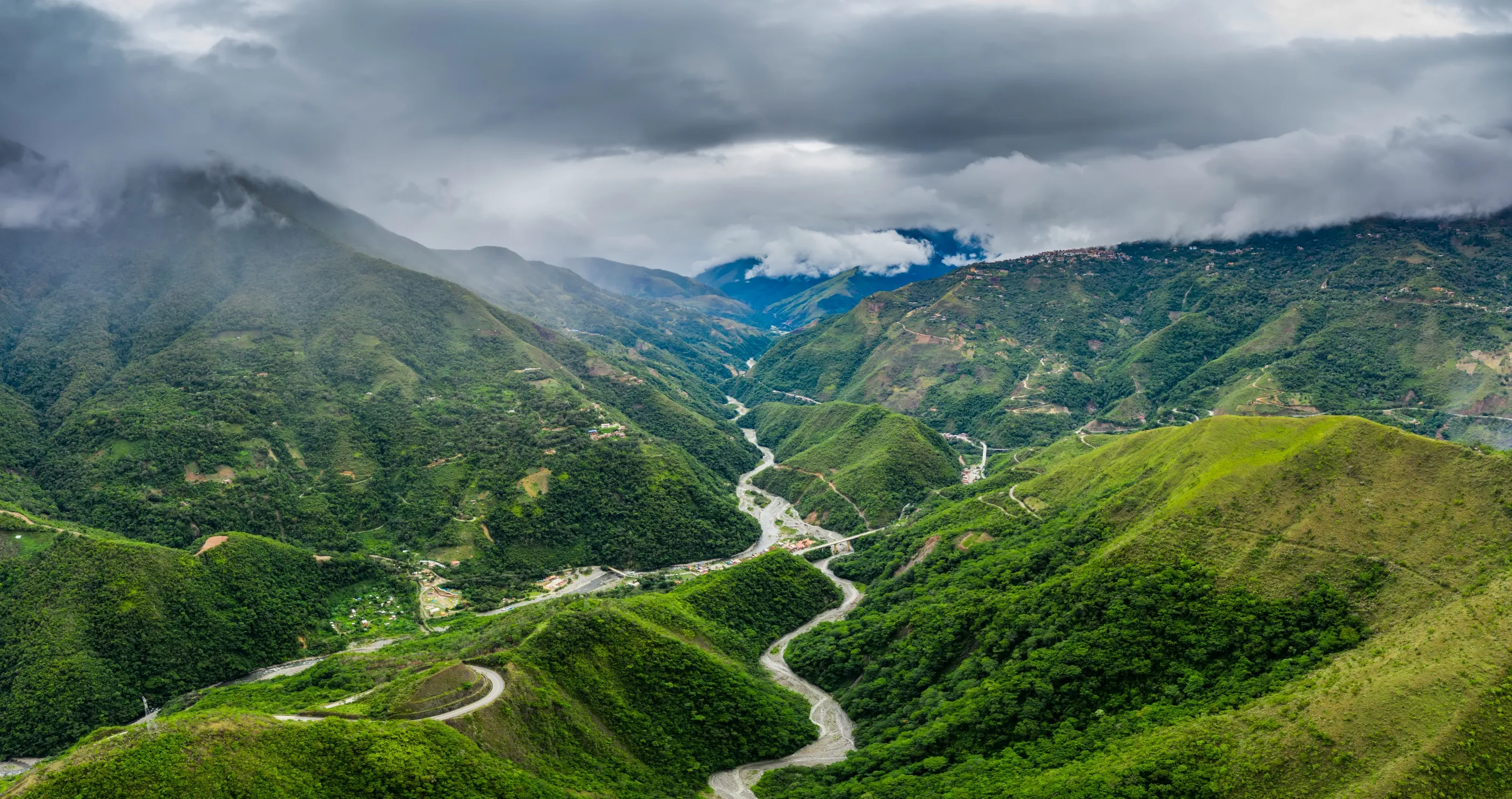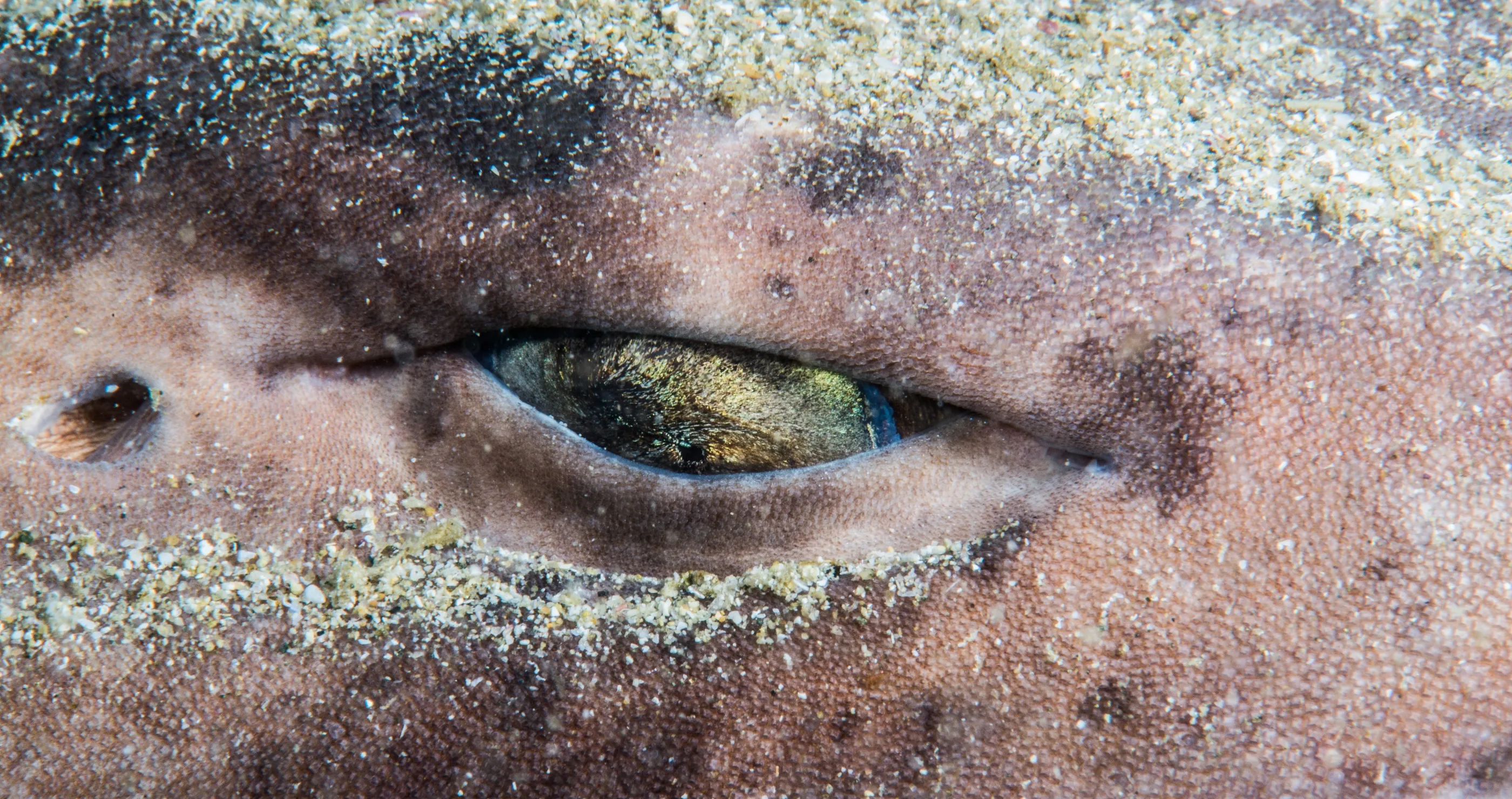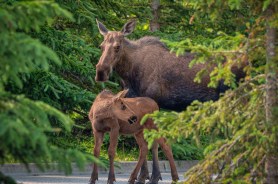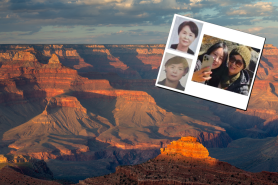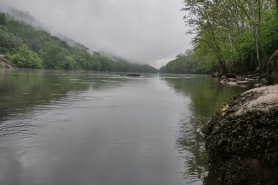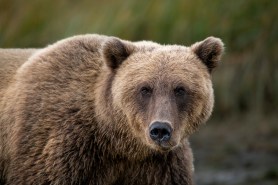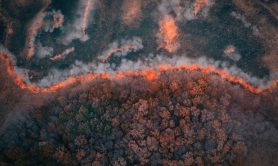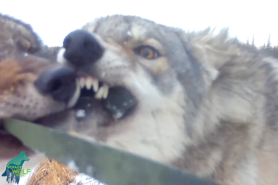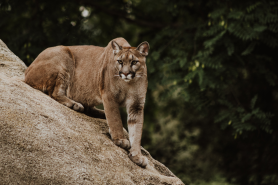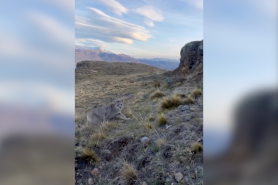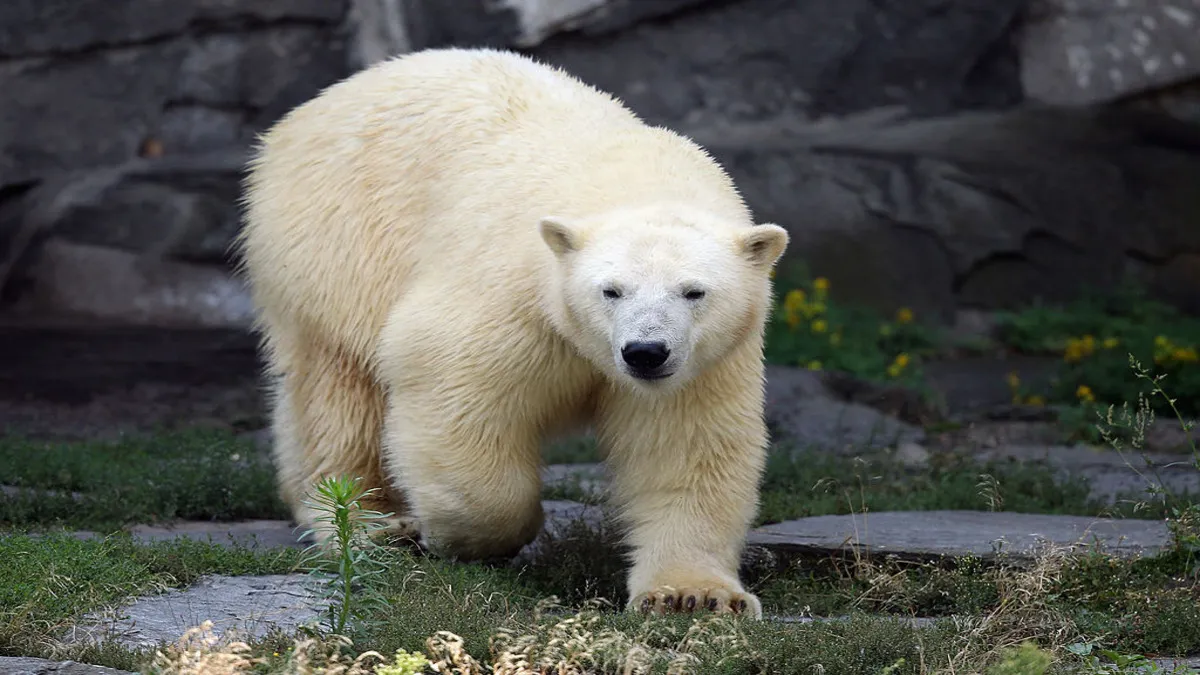

Nima Sarikhani recently won the ‘People’s Choice Award’ category of the ‘Wildlife Photographer of the Year,’ thanks to one polar bear’s unique sleeping preference. Sarikhani, a British hobby photographer (@nsarikhani on Instagram,) captured the magnificent creature napping away in the snowy terrain while shooting in Norway.
Videos by Outdoors
Before getting the winning shot, later named “Ice Bed,” this amateur wildlife photographer spent three days tracking polar bears in the frigid Svalbard archipelago. After coming across his snoozing subject, he waited until the wee hours of the night when the polar bear climbed up the iceberg and settled into place. After days of waiting patiently, he got his shot after a male polar bear climbed up the ice and carved out his resting spot.
According to reports, more than 75,000 people voted in the competition, which marks a record number. Organizers chose the stunning photo after narrowing their list down from 50,000 entries to just 25.
In addition to Sarikhani, there were also four highly praised finalists. All five images will be exhibited at the Natural History Museum in London until late June.
Among the top contenders, Tzahi Finkelstein’s “The Happy Turtle” and Daniel Dencescu’s “Starling Murmuration” also received recognition for their photographs. Finkelstein’s entry shows the heartwarming moment between a turtle and a dragonfly. In addition, Dencescu’s print shows a mesmerizing group of starlings forming the shape of a bird.
When deciding on a sleeping spot, these marine mammals usually prefer a dry location that allows them plenty of visibility. Like the polar bear in the award-winning snap, they often use a block of ice as a pillow. They will also use their claws to dig shallow pits for sleeping if they are on gravel, snow, or sand.
Despite harsh conditions, polar bears have no trouble sleeping. Even during blizzards, these bears can catch up on sleep without any problems. As they sleep, snow falls on them, acting as an insulated blanket, keeping them cozy for days.
During the warmer months, they rely on the sea ice for sleeping. As for the polar bears without access to the sea, they typically bed down on the tundra or dig pits.
